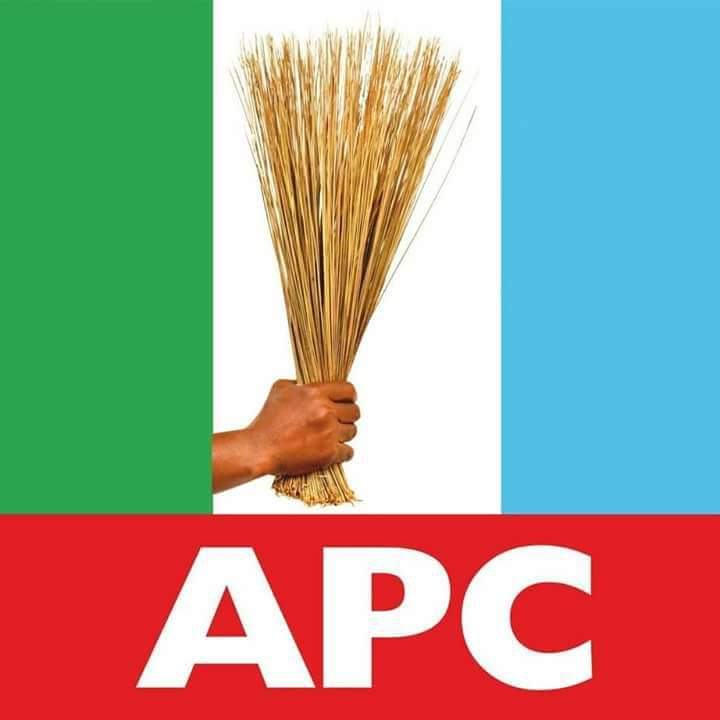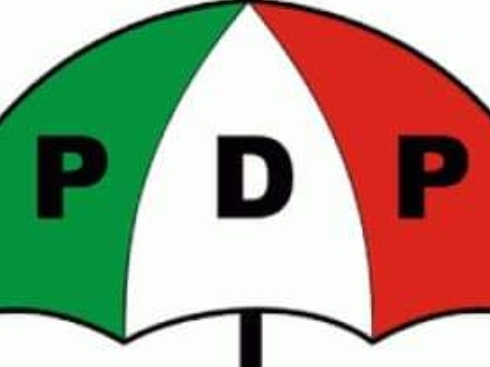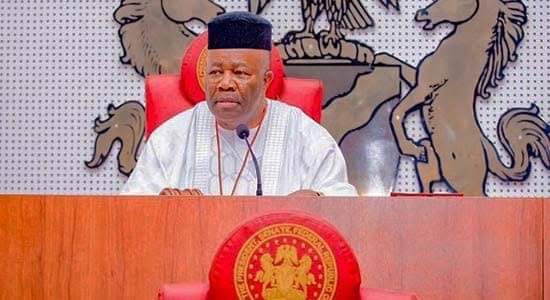How President Tinubu Dominated 20 Special Advisers From South-Westerners
A list of 20 names that made up the Special Advisers to President Bola Tinubu is dominated by people from the country’s South-West region.
In a copy of the list, it was observed that half of the Special Advisers Tinubu had appointed since his inauguration in May, were people from states in the South-West region.
These are; Dr Adekunle Tinubu (personal physician), Tunde Rahman (Senior Special Assistant on Media), Damilotun Aderemi (Senior Special Assistant On Private Secretary), Toyin Subair), Senior Special Assistant on Domestic), Demola Oshodi ( Senior Special Assistant on Protocol), and Tope Ajayi (Senior Special Assistant on Media and Publicity).
Others include; Yetunde Sekoni, Motunrayo Jinadu, Segun Dada, Paul Adekanye, Wale Fadairo, Sunday Moses and Taiwo Okonlawon.
This list has generated mixed reactions from Nigerians who feared that Tinubu might also reserve the key ministries in his list of cabinet members for South-Westerners.
For instance, a popular activist, Deji Adeyanju, tackled President Tinubu on his Facebook on Sunday.
Adeyanju said, “What kind of tribalism is this? Almost everyone on this list appointed by Tinubu is Yoruba. Out of 20, 15 of them are Yoruba, gosh!”
Nigeria is a diverse country with multi-ethnic communities in both the north and south. The constitution’s founders recognise this variety and introduced the Federal Character Commission Act.
The Act aims to encourage, monitor, and enforce conformity with the principles of proportional representation in all bureaucratic, economic, media, and political positions at all levels of government.
But these first sets of appointments from the new president indicated that his administration, like his predecessors, may neglect the provision of section 13, subsection (3) of the 1999 Constitution of the Federal Republic of Nigeria which states that “the composition of the government of the federation or any of its agencies and the conduct of its affairs shall be carried out in such a manner as to reflect the federal character of Nigeria and the need to promote national unity, and also command national loyalty.”











































